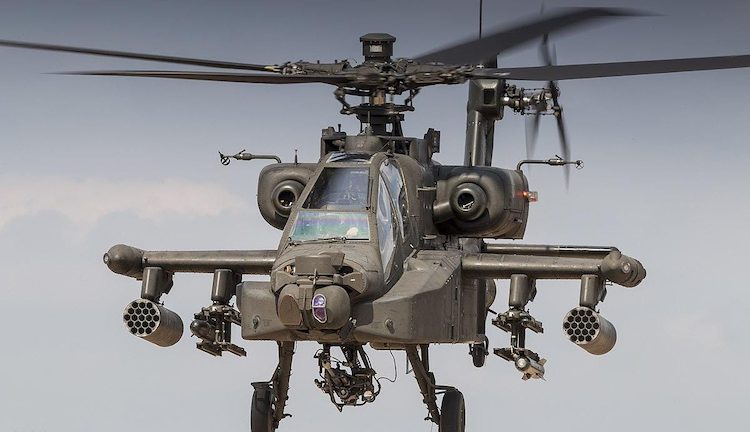By Lisa Vives, Global Information Network
NEW YORK | 12 November 2023 (IDN) — An arms race has been breaking records around the world—defying efforts to keep firearms, handguns, and larger weapons from falling into the wrong hands.
Of the many countries currently in conflict, 32 are in Africa. The list includes Algeria, Burkina Faso, Chad, Democratic Republic of the Congo, Ghana, Ivory Coast, Mauritania, Mozambique, Niger, Sudan, Tanzania, Togo, Tunisia, Uganda, and Yemen.
Morocco, Ethiopia, and Zaire have been the largest African purchasers of U.S. military equipment and services. Kenya has recently agreed to a large sale, but Nigeria, which has the largest military force in sub-Saharan Africa, currently buys few U.S. military items.
This could change. In a report by Charles Kwuelum, a senior peace education and advocacy associate, and Iyabo Obasanjo, associate professor of public health at the College of William and Mary, more weapons won’t solve Nigeria’s security crisis.
“The degree of insecurity in Nigeria is unprecedented,” they wrote. “In addition to an ongoing terrorist insurgency in the northeastern part of the country—which has seen government troops battling the likes of Boko Haram and an offshoot of the Islamic State—there is widespread farmer-herder violence and banditry in every region of the country.”
“It’s not just external analysts, such as former U.S. Ambassador to Nigeria John Campbell, who are arguing that Nigeria is a failed state. Nigerian public and government officials regularly say as much themselves, and act accordingly.”
“Clearly, the need to address Nigeria’s high level of insecurity is both acute and widely recognized,” they said. Still, “we cannot support the nearly $1 billion sale of advanced weaponry from the U.S. government to the Nigerian Armed Forces, which claims they need the weapons to fight terrorism.”
The reasons for previous holds on U.S. weapons sales to Nigeria remain largely unresolved, they said. And a report published last week by Amnesty International was headed “Justice for victims of enforced disappearances in Northeast.”
“By allowing the military to carry out thousands of enforced disappearances in the country’s Northeast and subsequently failing to genuinely and effectively investigate and prosecute those responsible, the Nigerian government has violated its international and regional human rights obligations and has failed victims. [IDN-InDepthNews]
Image: US attack helicopter. Source: Daily Trust, Nigeria
IDN is the flagship agency of the Non-profit International Press Syndicate.


